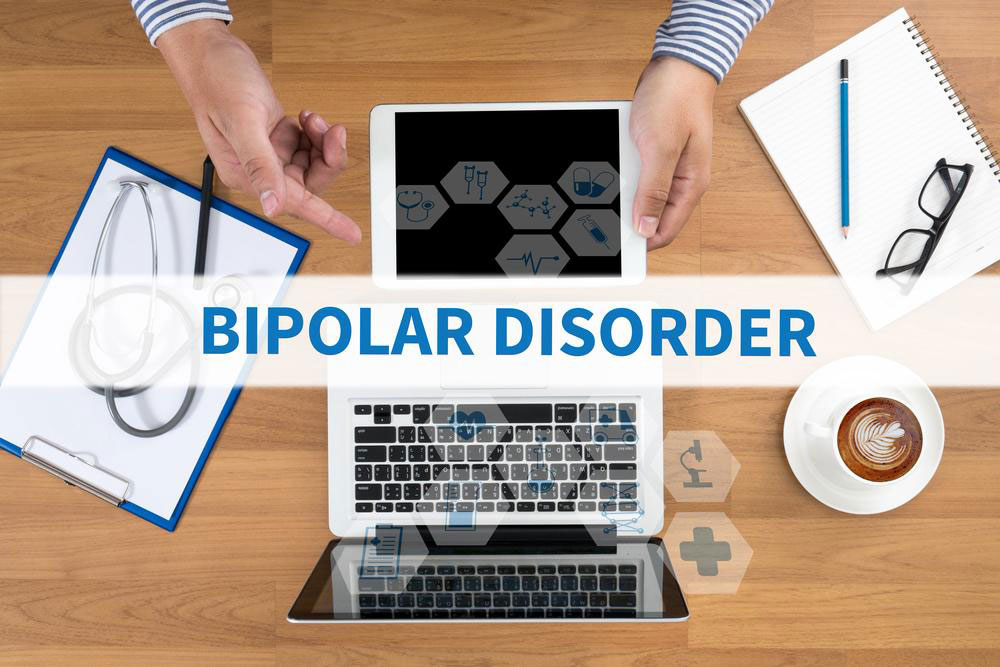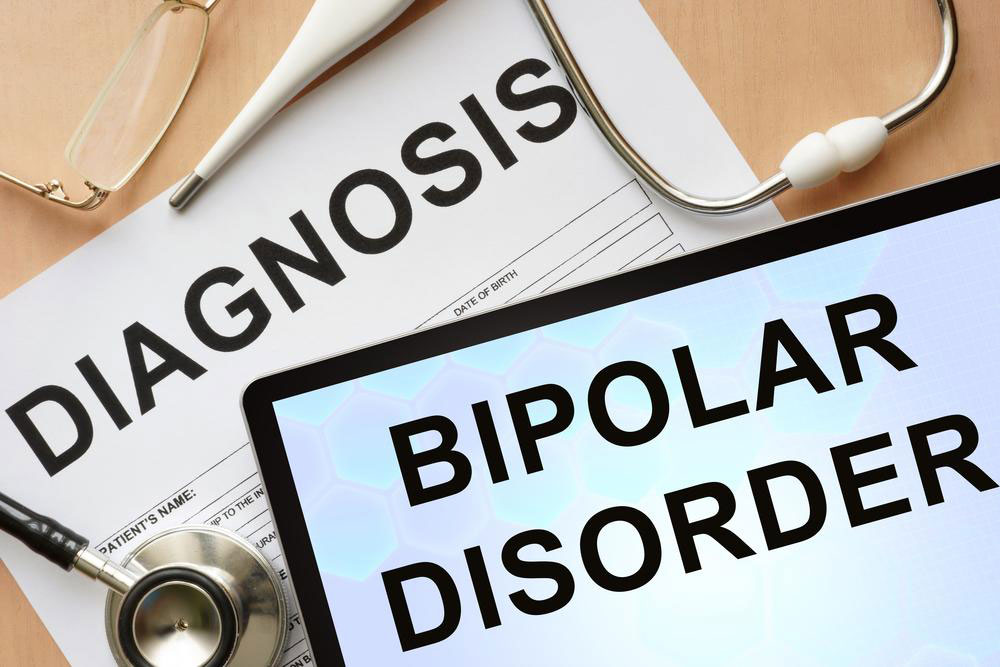Understanding Bipolar Disorder: Causes, Symptoms, and Treatments
Bipolar disorder is a severe mental health condition marked by extreme mood swings, including episodes of depression and mania. While not curable, it can be managed effectively with medications and therapy. Recognizing symptoms early and seeking professional help is crucial. Factors like genetics, biological differences, and lifestyle issues can influence its onset. Proper treatment and regular follow-up can help individuals lead stable and productive lives, reducing risks and improving overall well-being.

Understanding Bipolar Disorder: Causes, Symptoms, and Treatments
Bipolar disorder is often misunderstood, with many believing it to be simply mood swings or depression. In reality, it is a complex mental health condition characterized by extreme mood shifts between depression and mania. These episodes can significantly disrupt daily life, and often require hospitalization for stabilization. Although there’s no cure, proper management through medication and therapy helps many lead balanced lives. Recognizing symptoms early and seeking medical advice is essential for effective treatment and lowering risks associated with this disorder.
Diagnosing bipolar disorder involves comprehensive psychiatric evaluations and physical exams. While the causes remain uncertain, genetic predispositions and biological differences play roles. Factors like substance abuse, anxiety, and physical health issues may contribute to its development. Treatment usually combines medication—such as mood stabilizers and antidepressants—with therapy. Consistent follow-up and adherence to prescribed treatment plans are vital, as symptoms can reoccur. Hospitalization may be necessary if there are risks to oneself or others, and ongoing management helps prevent relapse and improve quality of life.
Note:
This article offers general insights into bipolar disorder for informational purposes. For personalized diagnosis and treatment, consult qualified healthcare providers. The content is intended to supplement professional advice and not replace it, as individual needs vary. We emphasize the importance of medical guidance in managing mental health conditions and encourage early intervention for better outcomes.










